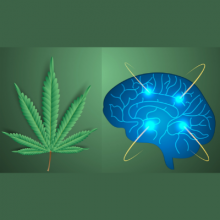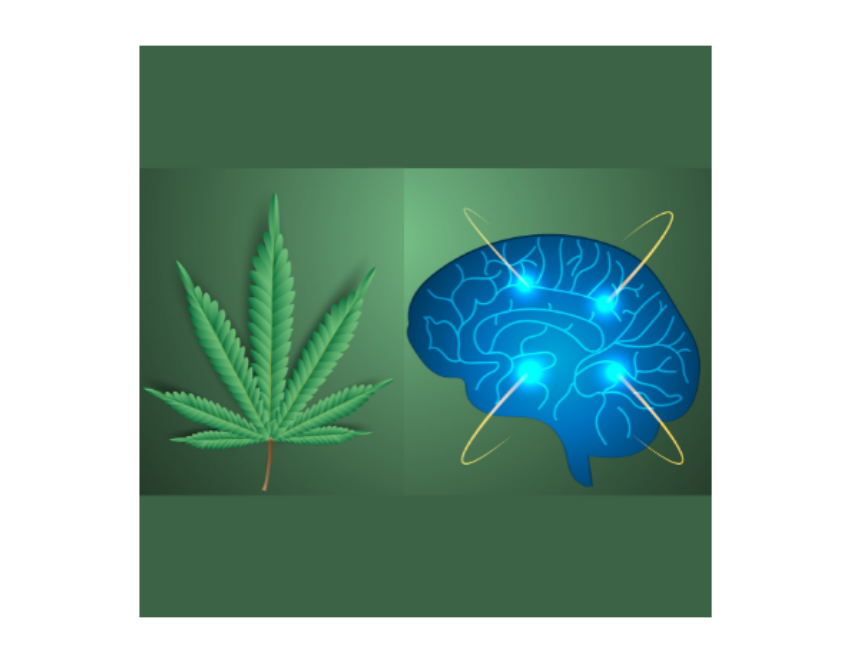
Member Prices
The use of cannabis in the U.S. has undergone a dramatic change over the past two decades. Starting with the campaign to legalize the use of cannabis in the 90s, use, attitudes and risk perception have changed in both adolescent and adult population. In this presentation, four recent research publications will be reviewed that highlight a more cautious approach towards cannabis.
- First, a rare experimental study with cannabis available to purchase researchers show that the high concentration of THC, one of the key ingredients of the cannabis plant which can be found in high concentration in concentrates is associated with significant cognitive performance deficits.
- Second, using a large observational data set researchers found that there was a higher risk of – among other psychiatric conditions – anxiety in those individuals who used high-potency cannabis strains.
- Third, using the entire population of Denmark researchers estimated the proportion of cases of schizophrenia that is attributable to cannabis use disorder and found a significant increase from 4-5% in the 1990s to 8% since 2010.
- Fourth, analyzing the Adolescent Brain Cognitive Development (ABCD) data, researchers found that youth whose mothers used cannabis during pregnancy relative to those that did not show more psychological and cognitive problems at age 9-10.
Taken together, these recent publications need to be considered when one decides to use cannabis or need to be balanced against potential beneficial effects of cannabis.













